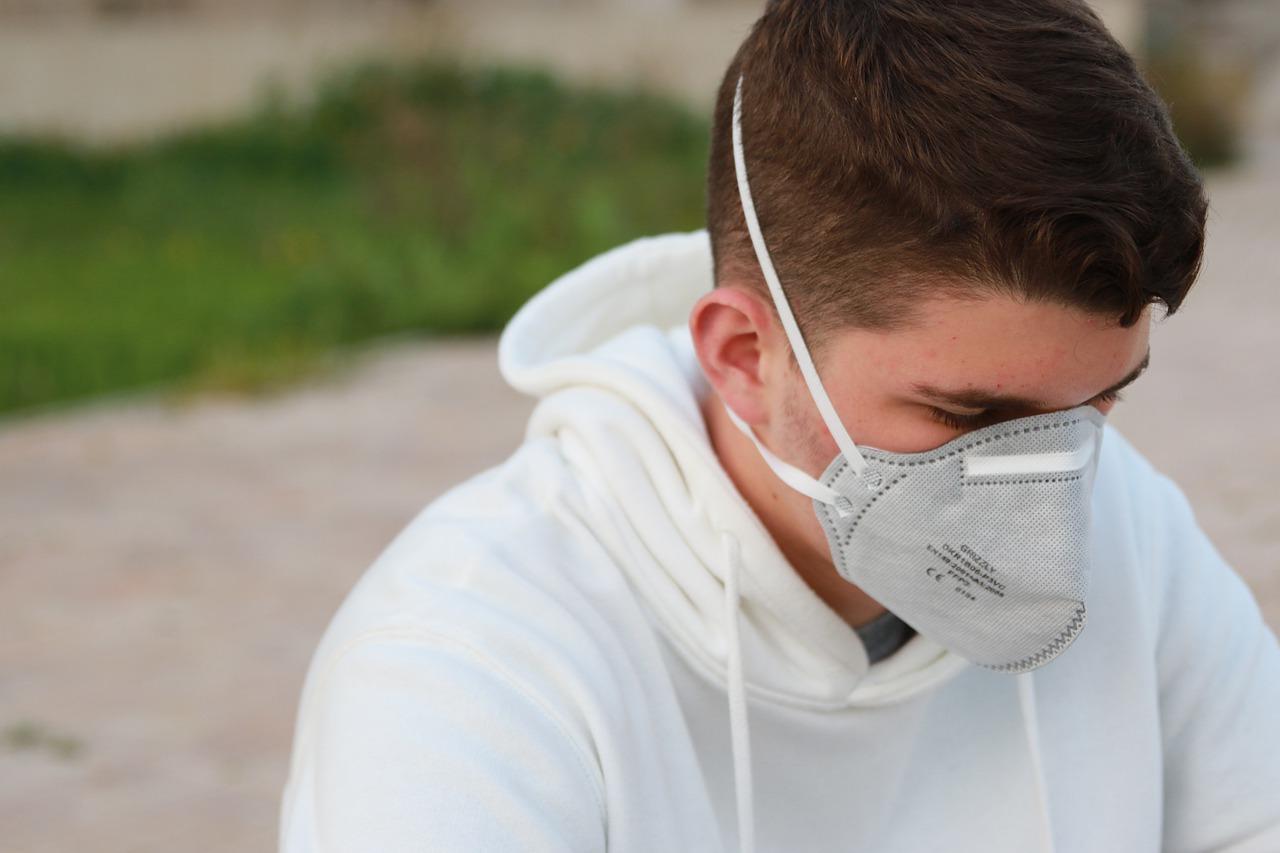A new study published Monday in the renowned scientific journal ‘Nature’ sheds new light on why some people don’t get Covid-19, even if they live with someone who is infected with the coronavirus. The subjects were found to have elevated numbers of T cells — immune cells that are part of our immunity — presumably due to a previous infection with a simple cold virus.
The study followed a number of families in London in which someone had tested positive for the coronavirus (with a PCR test). “We then looked at whether the other members of the family were also infected or not,” said one of the authors of the study, infectiologist Ajit Lalvani of Imperial College London, to news channel Sky News. “We discovered that people with many T cells continued to test negative. Those T cells had been generated by the previous infection with another coronavirus, such as a common cold virus. Our discovery thus suggests that our T cells effectively protect us against Covid-19 infection.”
The study started in September 2020, when only a minority of Britons had become infected with the coronavirus. 52 people who lived with someone who had tested positive were followed. The participants had to undergo several PCR tests to see if they also became infected: at the start of the study and then again four and seven days later.
blood samples
Blood samples were also taken within six days of being exposed to the virus. This made it possible to analyze the number of T cells in the blood that had previously been generated by other coronaviruses, such as the common cold. The researchers found that the number of T cells was significantly higher in the 26 individuals who did not become infected with the virus than in the 26 individuals who did eventually become infected.
According to the authors of the study, the T cells attack proteins inside the coronavirus, rather than the spike protein on the outside that allows the virus to enter our cells. The latter tactic is used by current vaccines to protect us from Covid-19.
The study has already been reviewed by other scientists. The scientists involved call it “an important discovery”, but at the same time warn that “no one should rely on this alone”. Vaccination is still the best way to protect yourself against Covid-19.
blueprint
According to the researchers, the discovery could help provide a blueprint for the development of new vaccines that elicit longer immunity and protect us against both current and future variants of the coronavirus.
